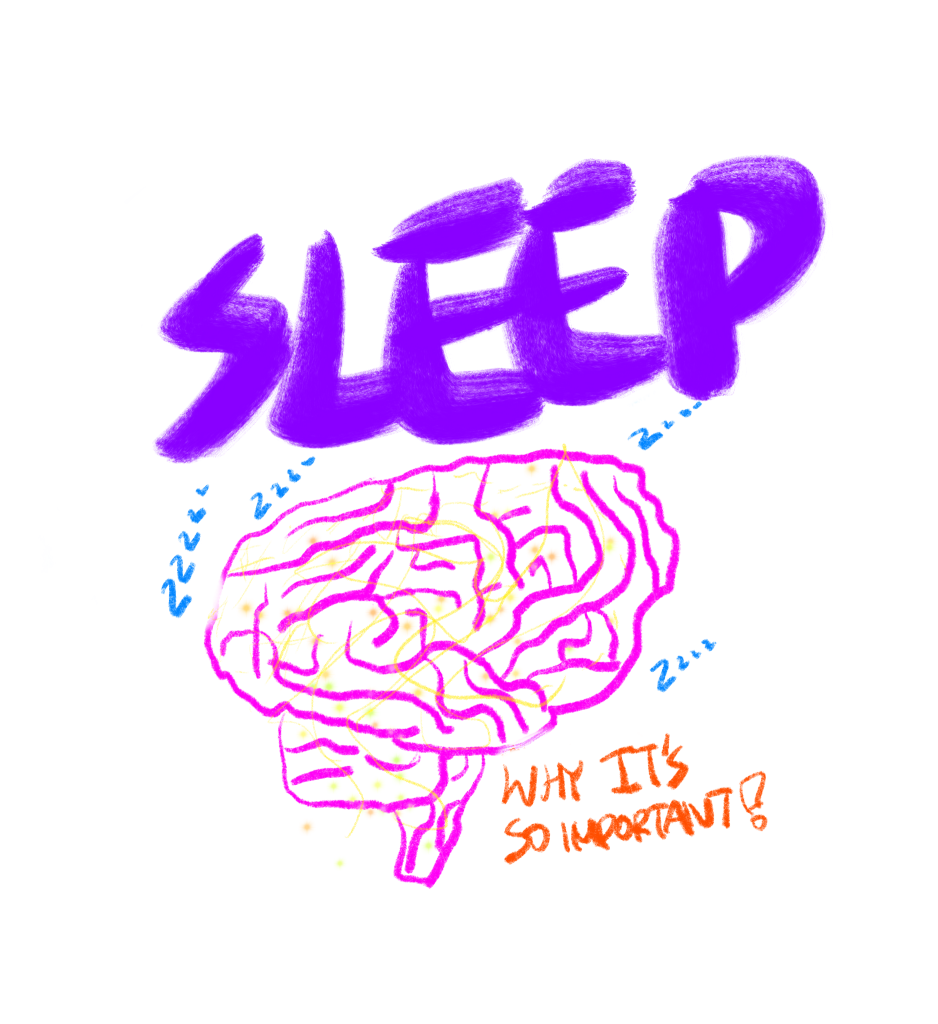Keep up the good sleep
Jun 1, 2021
“Diamonds are made under pressure.” These are the famous last words of the typical SIS student. With piles of homework, various quizzes, and extracurricular activities to tend to every night, procrastination is never-ending once it begins. So, many come to simply embrace it. Yet, the true, unforeseen victim in every overnight cram session is sleep. A few sleepless nights can be counteracted by a couple of deep sleep. However, especially in May, as students transition from AP tests to final exams, nobody should disregard the importance of staying on a healthy sleep pattern. To ensure high-level performance on essential exams, getting the right amount of sleep at the right time is crucial.
When and for how long should you sleep each night? Seven hours of sleep a day—no more or no less—is the golden standard that all students should aim for. Contrary to popular belief, both sleep deprivation and oversleeping bring about various detrimental side effects. Studies have found that sleep-deprived mice produce more beta-amyloid in the brain, which primarily leads to memory loss in humans. However, oversleeping—known as hypersomnia—has also been shown to decrease individuals’ levels of concentration as it results in lower quality sleep across long durations. In addition to securing an adequate amount of sleep, the timing of sleep is another important factor. Deep sleep, where short-term memory is transformed and posited into long-term memory, is most prevalent and active from approximately 10 p.m. to 1 a.m. Thus, securing healthful deep sleep during these hours will ensure higher quality sleep.
As some contend, however, sleep may need to take a back seat for important exams that loom ahead. Though sleepless nights studying can boost the sheer consumption of information, sleep—an often deemphasized factor in the process of studying—is important to truly absorb the content. Researchers Susanne Diekelmann and Jan Born from the University of Tübingen found that adequate amounts of sleep not only improves the quantitative amount of memory storage but also the quality of such memory. The transformation of short-term memory into long-term memory especially helps individuals retain essential information for longer periods of time.
In addition, to study efficiently and accomplish the most in a given day, staying concentrated is imperative: sleep deprivation impairs that crucial ability. According to Amanda Hudson and other fellow Washington State University researchers, sleep deprivation leads to shorter vigilant attention spans—the period of time for which an individual can stay highly focused. A study involving a psychomotor vigilance test, where participants respond to various stimuli as quickly as possible, illustrated a conspicuous negative correlation between sleep deprivation and vigilance attention spans. As such, sleep deprivation can severely hamper individuals’ ability to perform productively during the day. Poor work efficiency can in turn produce a harmful cycle of sleepless nights and inefficient work over long periods of time.
To avoid sleep deprivation and the harmful side effects that come with it, students should keep a habit of beginning tasks earlier and maintaining a strict time management system. However, adhering to productive time management is a difficult task. To quickly ameliorate the detriments of sleep deprivation, an effective, short-term remedy exists: naps. Carving up just 30 minutes a day to give your brain and body a quick reboot can greatly improve your performance. More than anything, keep up the good sleep and make the most of your day.







